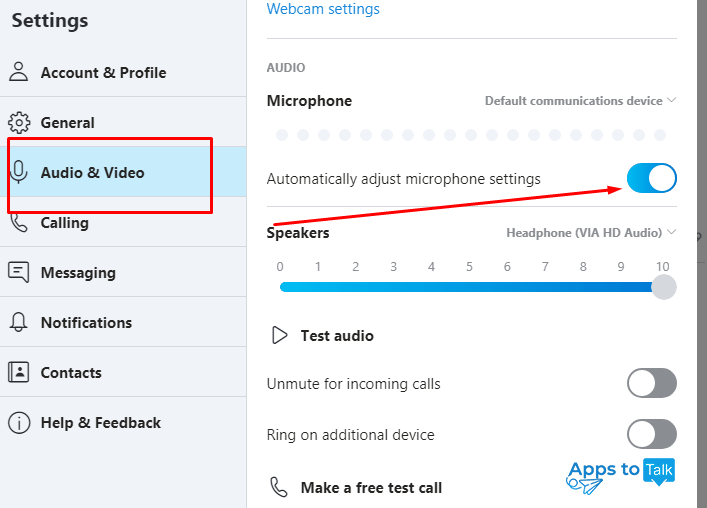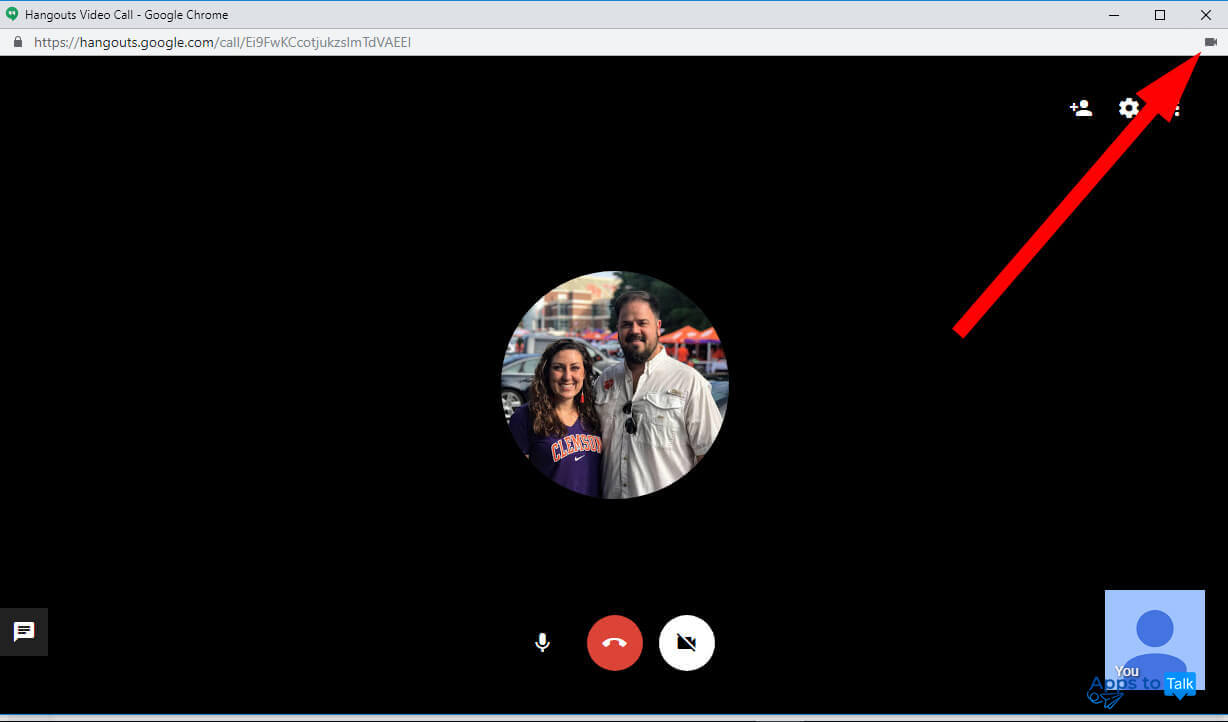

It will be step-by-step, first making sure Viber alone becomes more successful, then migrating into the Rakuten business, perhaps from e-commerce, then completely integrating into the Rakuten ecosystem. We do have a very strong passion to make Viber very successful as part of the Rakuten family. Hasegawa says, however, that first of all Rakuten is keen on simply getting Viber, which claims 300 million registered users worldwide, up to speed. We’ve already seen Tencent’s WeChat messaging app incorporate official accounts and payments, with one of its most successful case studies to date being the sales of Xiaomi smartphones in China - selling 150,000 units in under 10 minutes, no less. Japanese chat app Line, which is closing on 400 million registered users worldwide, has also started flash sales in countries including Thailand.

But e-commerce is shaping up to form the future of messaging apps.

The Viber service has all along focused on voice calls and been kept relatively simple - it doesn’t include the robust mechanics of its Asian rivals that include payments, e-commerce, games, marketing and more. So there is huge potential…Īnd obviously Viber will be part of it, (though) it’s a broad topic that we’re treating as a company priority. (We are) serious in terms of driving mobile, obviously in e-commerce but also as a marketing channel. Mobile commerce is for sure a key priority for us. Last month, Rakuten announced that it was buying Viber for $900 million. As Rakuten launched its service officially in Singapore today, Shin Hasegawa, the global vice chief marketing officer, tells TNW that the company is “aggressively” working to integrate Viber into Rakuten. There’s no doubt to it - mobile e-commerce is on the rise, with an IDC report predicting that by 2017 purchases on mobile devices will exceed $1 trillion. And Japanese e-commerce giant Rakuten knows this clearly, which is why it is keen to fold messaging and calling app Viber into its “key priority” - mobile commerce.


 0 kommentar(er)
0 kommentar(er)
